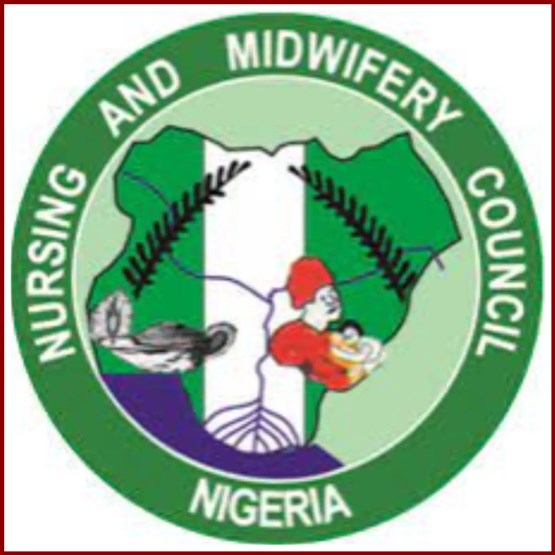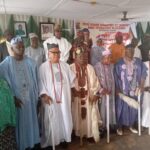
Nigerian Nurses Challenge NMCN’s New Verification Policy: A Deep Dive.
In recent developments, Nigerian nurses have raised concerns over the latest circular issued by the Nursing and Midwifery Council of Nigeria (NMCN), which revises guidelines for verifying certificates of nurses and midwives seeking licensure in foreign countries. This has sparked a heated debate within the healthcare sector, particularly regarding professional autonomy and the impact on nurses’ career progression.
Amidst challenges such as inadequate healthcare infrastructure, funding, and working conditions, the healthcare sector in Nigeria has been grappling with a significant exodus of professionals, including doctors, pharmacists, and nurses, seeking better opportunities abroad. The mass departure of healthcare workers has put immense pressure on the already strained healthcare system in the country.
According to recent data provided by the NMCN, over 42,000 nurses have left Nigeria in the last three years, with more than 15,000 departing in 2023 alone. This alarming trend underscores the urgent need to address the underlying issues driving healthcare professionals to seek employment opportunities outside the country.
The revised guidelines for verifying nursing certificates, introduced by the NMCN, aim to streamline the process and ensure the authenticity of qualifications presented to foreign nursing boards or councils. However, these guidelines have faced criticism from nurses and other healthcare workers, who argue that they impede professional autonomy and subject nurses’ progress to the determination of other professionals.
Key provisions of the revised guidelines include a requirement for applicants to have a minimum of two years of post-qualification experience, a non-refundable application fee, and the submission of a letter of Good Standing from the applicant’s place(s) of work and last nursing training institution. Additionally, applicants must possess an active practicing license with a minimum of six months validity and upload certificates of registration for verification.
ALSO SEE: Police Deploy Squad To Hunt IPOB, ESN Attackers In Imo
While the NMCN asserts that these measures are necessary to address the growing challenges in the healthcare sector, critics argue that they represent an infringement on nurses’ rights and autonomy. The requirement for work experience and endorsement from medical professionals has particularly drawn backlash from nursing associations and professionals.
In response to the controversy, nursing associations such as the National Association of Nigerian Nurses and Midwives (NANNM) have staged protests and voiced their opposition to the new guidelines. Concerns have been raised regarding the potential impact on nurses’ career advancement and the need for greater consultation with nurse leaders in decision-making processes.
Amidst calls for a review of the guidelines, stakeholders emphasize the importance of preserving professional autonomy and addressing the root causes driving the exodus of healthcare professionals from Nigeria. Efforts to improve working conditions, salaries, and career opportunities are seen as crucial steps towards retaining skilled professionals within the country and strengthening the healthcare system.
In conclusion, while the NMCN’s efforts to standardize the verification process are aimed at ensuring quality healthcare delivery, it is essential to strike a balance between regulatory requirements and nurses’ professional autonomy. Collaborative efforts involving government authorities, healthcare institutions, and nursing associations are needed to address the systemic challenges facing the healthcare sector and retain talented professionals within Nigeria.












